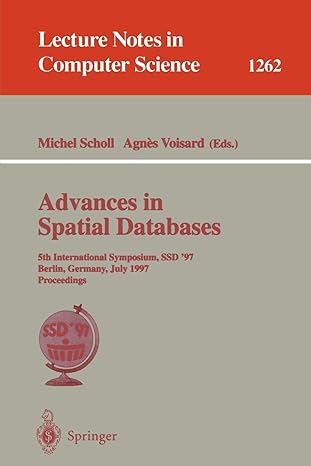Question
ListyString *listyCat(ListyString *listy, char *str); Description: Concatenate str to the end of the linked list string inside listy. If str is either NULL or the
ListyString *listyCat(ListyString *listy, char *str); Description: Concatenate str to the end of the linked list string inside listy. If str is either NULL or the empty string (), then listy should remain unchanged. Be sure to update the length member of listy as appropriate. Special Considerations: If listy is NULL and str is a non-empty string, then this function should create a new ListyString that represents the string str. If listy is NULL and str is NULL, this function should simply return NULL. If listy is NULL and str is a non-NULL empty string (), then this function should return a ListyString whose head member has been initialized to NULL and whose length member has been initialized to zero. Runtime Requirement: The runtime of this function must be no worse than O(n+m), where n is the length of listy and m is the length of str. Returns: If this function caused the creation of a new ListyString, return a pointer to that new ListyString. If one of the special considerations above requires that a NULL pointer be returned, then do so. Otherwise, return listy.
Inside H file:
#ifndef __LISTY_STRING_H
#define __LISTY_STRING_H
typedef struct ListyNode
{
// Each node holds a single character.
char data;
// Pointer to next node in linked list.
struct ListyNode *next;
} ListyNode;
typedef struct ListyString
{
// Head of the linked list representing this string.
ListyNode *head;
// Length of this linked list.
int length;
} ListyString;
ListyString *listyCat(ListyString *listy, char *str);
Step by Step Solution
There are 3 Steps involved in it
Step: 1

Get Instant Access to Expert-Tailored Solutions
See step-by-step solutions with expert insights and AI powered tools for academic success
Step: 2

Step: 3

Ace Your Homework with AI
Get the answers you need in no time with our AI-driven, step-by-step assistance
Get Started


